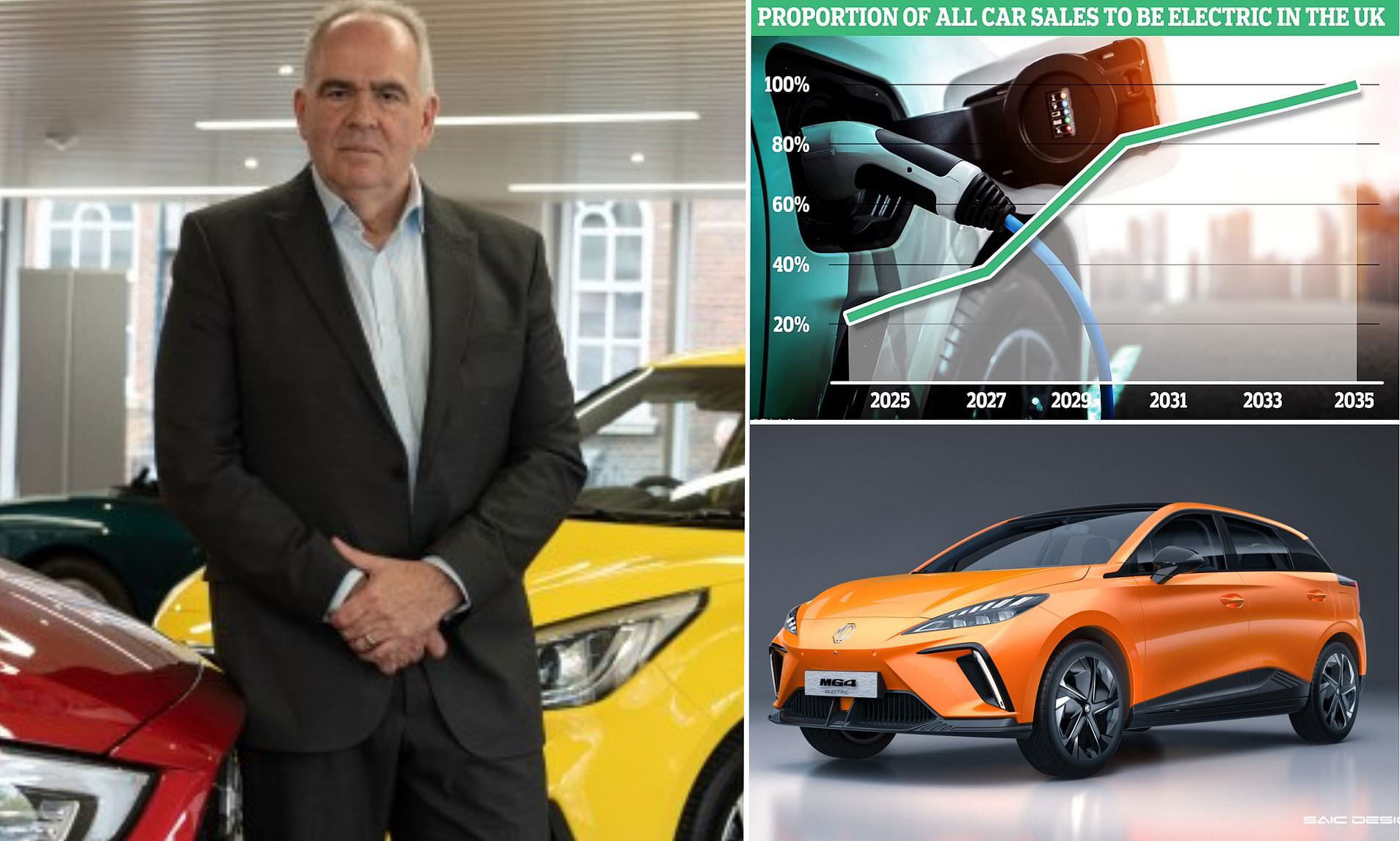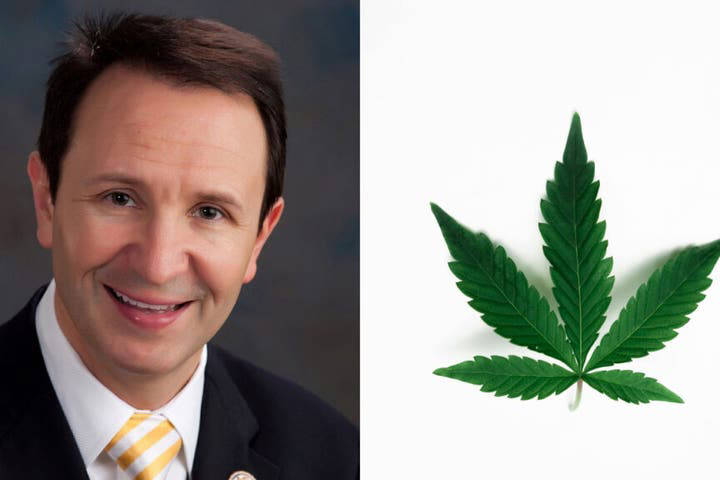Car Dealerships Step Up Resistance To Mandatory EV Sales

Table of Contents
Economic Concerns Fueling Dealer Opposition
The core of dealership resistance to mandatory EV sales lies in significant economic burdens. The transition to selling EVs presents substantial financial challenges, particularly for smaller dealerships with limited resources.
- High Upfront Investment: Implementing the necessary infrastructure for EV sales, including installing charging stations and training staff on EV technology, requires a hefty upfront investment. This is a significant hurdle for many dealerships, especially those with tight profit margins.
- Lower Profit Margins: Currently, the profit margins on EVs are often lower than those on gasoline-powered vehicles. This is due to a combination of factors, including higher manufacturing costs and increased competition in the EV market.
- Market Uncertainty: The rapid evolution of EV technology and fluctuating consumer demand create significant uncertainty for dealerships. Investing heavily in a particular EV model only to see it become obsolete quickly represents a considerable risk.
- Stranded Assets: Dealerships face the risk of being left with unsold EVs or outdated charging infrastructure if technological advancements render their investments obsolete.
Smaller dealerships face even more acute challenges. They often lack the capital reserves of larger chains to absorb the costs associated with EV infrastructure and training. This disparity exacerbates the economic pressure and fuels their opposition to mandatory sales quotas. Consequently, dealer associations are actively lobbying against legislation that imposes mandatory EV sales targets, citing these financial concerns.
Concerns About Consumer Readiness and Infrastructure
Beyond the economic arguments, many dealerships express serious concerns about consumer readiness for a large-scale shift to electric vehicles. Several key factors contribute to this apprehension:
- Limited Charging Infrastructure: The lack of widespread and reliable charging infrastructure, especially in rural areas, remains a significant barrier to EV adoption. Range anxiety – the fear of running out of charge before reaching a charging station – is a major deterrent for many potential EV buyers.
- Higher Purchase Prices: EVs typically have a higher initial purchase price compared to gasoline-powered vehicles, making them inaccessible for a large segment of the population. Government subsidies can help mitigate this, but they don't always fully address the affordability gap.
- Lack of Public Awareness: Many consumers remain unaware of the benefits of EVs, the available models, and the various government incentives available. This lack of awareness hinders broader adoption.
Statistics on current EV adoption rates and charging station availability paint a clear picture: while EV sales are growing, they are still a small fraction of total vehicle sales, and charging infrastructure lags significantly behind demand, particularly outside of urban areas. Dealers argue that mandatory sales quotas are premature until these consumer readiness issues and infrastructure gaps are addressed.
Arguments Against Government Intervention in the Market
A core argument against mandatory EV sales centers on the belief that market forces, rather than government mandates, should drive technological adoption. Forcing a specific percentage of EV sales through legislation can lead to several unintended consequences:
- Reduced Competition and Innovation: Artificial quotas can stifle competition and innovation by favoring larger manufacturers capable of meeting the mandates more easily, potentially harming smaller players and limiting the diversity of EV options available to consumers.
- Market Distortions: Government mandates can distort the automotive market by artificially inflating demand for EVs, potentially leading to price increases and shortages of other vehicle types.
- Free Market Principles: Critics argue that government intervention undermines free market principles and consumer choice. Consumers should be free to choose the vehicle that best suits their needs and budget, without government-imposed quotas influencing their decisions.
Alternative Solutions to Promote EV Adoption
Instead of mandatory sales quotas, several alternative policies could effectively incentivize EV adoption without resorting to potentially disruptive government intervention:
- Tax Credits and Rebates: Offering significant tax credits and rebates to consumers purchasing EVs can make them more affordable and attractive.
- Investment in Charging Infrastructure: Substantial investments in building a robust and nationwide charging network are crucial to addressing range anxiety and encouraging EV adoption.
- Public Awareness Campaigns: Well-designed public awareness campaigns can educate consumers about the benefits of EVs and dispel misconceptions.
- Research and Development Support: Continued support for research and development in EV battery technology and charging infrastructure will drive down costs and improve performance, making EVs even more appealing.
These alternative approaches offer a more nuanced and market-driven strategy to promote EV adoption, addressing consumer concerns and fostering innovation within the automotive sector.
The Future of Mandatory EV Sales and Dealer Resistance
In summary, the resistance to mandatory EV sales stems from a combination of economic concerns for dealerships, challenges related to consumer readiness and infrastructure, and concerns about the overall impact of government intervention in a free market. While the push for increased EV adoption is undeniable, the methods used to achieve this goal are crucial. The ongoing conflict between government mandates and the resistance from car dealerships highlights the need for a balanced approach. A solution must take into account both the environmental benefits of electric vehicles and the economic realities of the automotive industry. We encourage you to further research this complex issue, form your own opinion, and participate in the discussion about the future of electric vehicle adoption and the role of government regulation. The debate around mandatory EV sales is far from over, and your voice matters.

Featured Posts
-
 Gorklon Rust Decoding Elon Musks Latest X Rebranding
May 15, 2025
Gorklon Rust Decoding Elon Musks Latest X Rebranding
May 15, 2025 -
 Ge Force Now Adds Halo Balatro And Other Games
May 15, 2025
Ge Force Now Adds Halo Balatro And Other Games
May 15, 2025 -
 Brunsons Imminent Return Impact On Knicks Playoff Chances
May 15, 2025
Brunsons Imminent Return Impact On Knicks Playoff Chances
May 15, 2025 -
 The Unmade Kd Trade Exploring The Potential Seismic Shifts In The Nba
May 15, 2025
The Unmade Kd Trade Exploring The Potential Seismic Shifts In The Nba
May 15, 2025 -
 Dissecting The Gop Mega Bill Potential Consequences And Opposition
May 15, 2025
Dissecting The Gop Mega Bill Potential Consequences And Opposition
May 15, 2025
